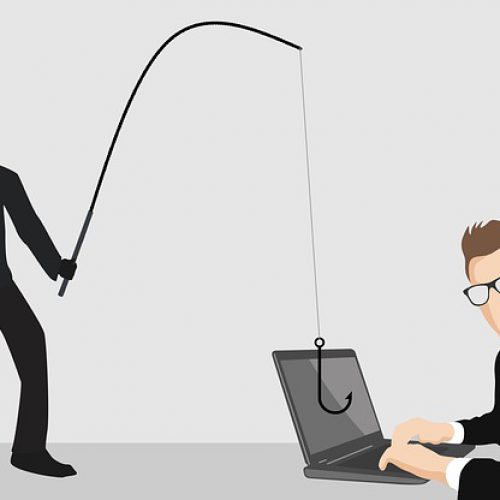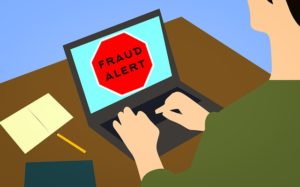
There is a saying amongst the locals... If you don’t hustle you go to bed hungry. Consequently, and at risk of generalizing, this attitude is a breeding ground for con artists.
Spending as much time as we do on social media, it is becoming very clear that scams and fraudulent transactions are on the rise. How can you tell what is real? Is that advertisement a genuine deal or job post is truth, and not another scam?
There are a few pointers to remember to protect yourself from becoming a victim. Always check the email addresses. The domain will give you a clue straight away. A great example is if you receive an email from the Department of Health – the domain should be “@gov.za”. If you see a domain such as “@gov.co.za” or any other variation, just always check on the relevant website that the communication sent is genuine.

This week, a family member narrowly avoided becoming a victim to a scam. They posted a job opportunity on a popular professional workplace platform. So, my next tip is to check the website itself. Another clue that a scam is involved are the photos of the team (stock images may have been used) as well as the domain and the listed email address may not match.
I was fortunate enough to have an email address and website address to check the details fully. There are resources such as scam buster – https://scambuster.co.za/ or even SARS {South African Revenue Services} has a facility where you can report such incidents (anonymously if you prefer) https://www.sars.gov.za/TargTaxCrime/ReportCrime

My last piece of advice is this. If something is too good to be true, then it usually is. So, investigate, make sure you have all your facts, and only when you feel comfortable in your own heart about a decision, do you act.
~An opinion written by Sacha Carikas
